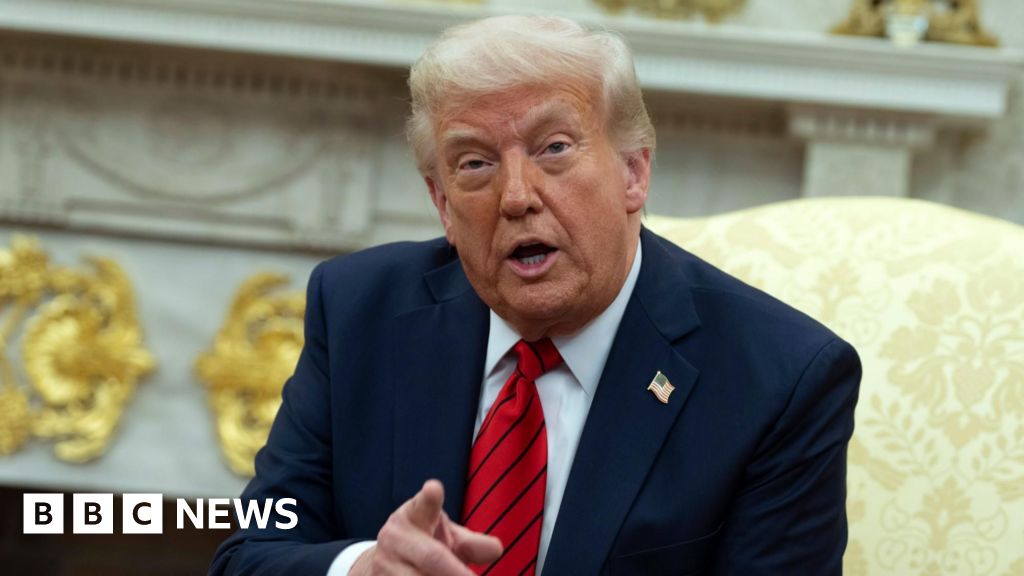Trump's Executive Order Aims to Transform Drug Pricing Landscape in the US

In a bold move that could significantly impact the pharmaceutical industry, President Donald Trump has recently signed an executive order intended to lower drug prices for American consumers. This initiative is poised to shake up one of the largest and most profitable markets in the world, addressing long-standing concerns about the disparity in drug pricing between the United States and other developed nations.
While the executive order stops short of implementing a contentious most favored nation statusan approach that would compel drug manufacturers to offer their lowest global prices to the USit reflects Trump's ongoing criticism of foreign countries that he claims benefit from lower drug prices at the expense of American patients. For years, the president has asserted that Americans are essentially subsidizing the cost of medications for consumers in other countries, accusing them of freeloading off the US market.
A US official commented on the executive order, stating that the government is very focused on narrowing the delta between what the United States gets for prices versus what other developed nations do. This commitment is underscored by alarming statistics; in 2022, Americans paid approximately 3.2 times more for branded drugs compared to their counterparts in other developed countries, according to research conducted by RAND Healthcare for the Department of Health and Human Services.
The executive action is intended to create a more competitive landscape for prescription drugs, potentially reducing costs for consumers. One of the order's key features directs the Food and Drug Administration (FDA) to facilitate greater state participation in importing medications from countries where prices are lower. This follows Florida's recent approval in January 2024 to import drugs from Canada, a move that has been closely watched by other states considering similar options.
Moreover, the order introduces modifications to drug-pricing measures established by former President Joe Bidens Inflation Reduction Act. This act, which marked a significant shift in how Medicarethe public insurance program for seniorsnegotiates drug prices, allowed the government to negotiate for the first time. However, the new executive order seeks to harmonize the negotiation timelines for different types of medications, particularly distinguishing between pills and injectables. Under existing rules, Medicare could negotiate the cost of widely used pills after a nine-year wait but was required to wait a full 13 years before doing the same for injectables, a delay that has drawn criticism from pharmaceutical companies.
Despite these changes, the executive order does not specify the duration of the waiting period for drug manufacturers, nor does it clarify how it plans to avoid passing higher costs onto Medicare beneficiaries. This ambiguity has raised questions about the efficacy and potential impact of the proposed changes.
During his first term, Trump had announced various measures aimed at curbing drug prices, including a suggestion for a most favored nation policy that was ultimately never put into practice. Now, the new order directs the FDA to expedite the approval process for generic and biosimilar drugs, aiming to eliminate the backlog of pending applications. Furthermore, it seeks to reduce costs for essential medications, including insulin and allergy injectors like the EpiPen, particularly for uninsured individuals and those with low incomes.
In a related development, the Trump administration has initiated a national security investigation that may lead to new tariffs on pharmaceuticals, indicating a possible escalation in the current trade war. Nevertheless, US officials remain optimistic that these measures can coexist with efforts to lower drug prices. We can pursue two things at one timemaking sure government payment and intellectual property are optimized to deliver prices that correspond with the value of a drug, and that we have a secure supply chain in case of geopolitical strife or a natural disaster, the official stated.


























